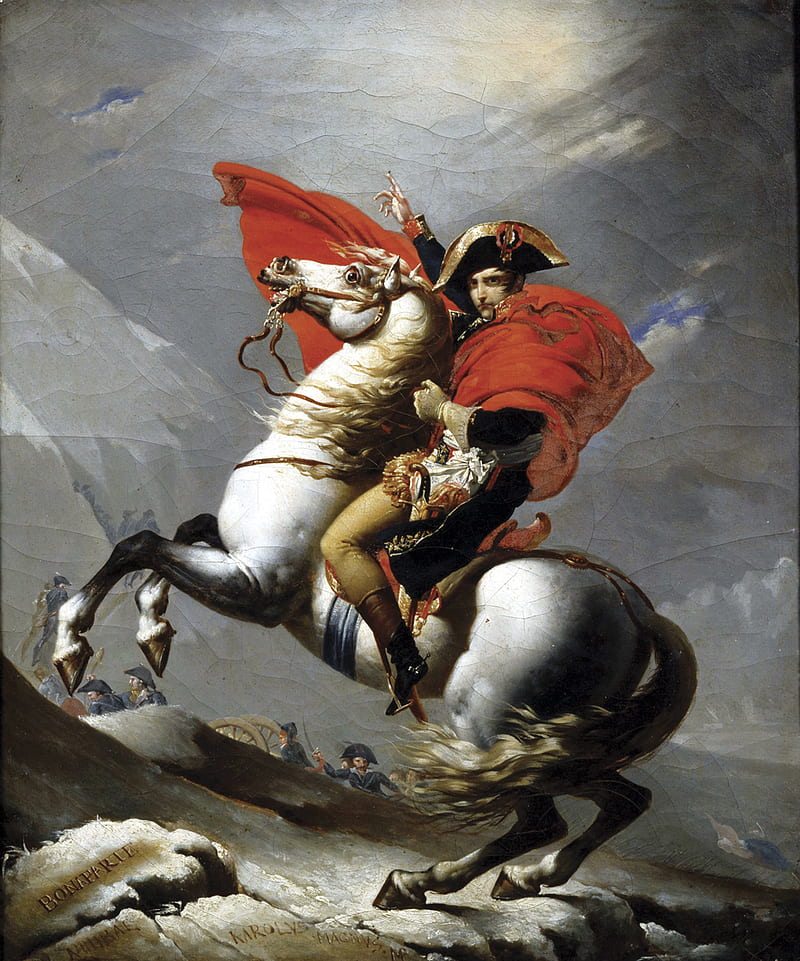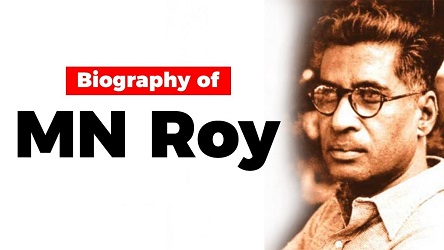Napoleon Bonaparte’s rise to power and subsequent reign had profound impacts on not just France but on the whole of Europe. His military campaigns, often characterized by his tactical brilliance and audacious maneuvers, reshaped the political landscape of the continent. One of his most notable victories was the Battle of Austerlitz in 1805, often regarded as his greatest triumph. In this battle, Napoleon’s forces decisively defeated the combined armies of Austria and Russia, solidifying French dominance over much of continental Europe.
Napoleon’s military successes were not limited to Austerlitz. He also triumphed in battles such as Marengo (1800) and Jena-Auerstedt (1806), further expanding French influence and control. These victories allowed Napoleon to establish what is known as the Napoleonic Empire, which encompassed vast territories across Europe, including parts of Italy, Spain, Germany, and the Netherlands.
In addition to his military prowess, Napoleon was also a prolific reformer. He implemented a series of legal and administrative changes known collectively as the Napoleonic Code, which standardized laws across France and its conquered territories. This legal code introduced principles such as equality before the law, protection of property rights, and religious tolerance, laying the groundwork for modern legal systems in many countries.
Furthermore, Napoleon’s reign saw significant cultural and scientific developments. He established institutions such as the University of France and the Legion of Honor, which promoted education and recognized achievements in various fields. Napoleon also supported scientific exploration and innovation, sponsoring expeditions to Egypt and funding scientific endeavors.
However, Napoleon’s ambitious expansionist policies eventually led to his downfall. The Peninsular War in Spain, the failed invasion of Russia in 1812, and the subsequent Sixth Coalition against France weakened his grip on power. Despite his brief return to power during the Hundred Days in 1815, Napoleon was decisively defeated at the Battle of Waterloo by a coalition of European powers led by the Duke of Wellington and Prussian Field Marshal Gebhard Leberecht von Blücher.
After his defeat at Waterloo, Napoleon was exiled to the remote island of Saint Helena, where he spent the remaining years of his life in captivity until his death in 1821.
Overall, Napoleon Bonaparte’s legacy is complex and multifaceted. While he is remembered as a military genius and a visionary reformer, his authoritarian rule and imperial ambitions also sparked resistance and ultimately led to his downfall. His impact on European history cannot be overstated, and his legacy continues to be studied and debated by historians and scholars around the world.






